I grew up in Pittsburgh during the late '70s, when the Cincinnati Reds were the archenemies of my Pirates. I had an aunt who once referred to that rival city as "cosmopolitan." I never quite understood how she arrived at that conclusion. Likewise, I'm not sure who died and made Reds broadcaster Thom Brennaman the arbiter of "fag capitals of the world."
The Fox Sports Ohio and Reds play-by-play announcer was overheard on an open mike last week using the gay slur when describing, I suppose, leading gay cities in the world. How in the world does Brennaman know what constitutes a gay city? Does he know something the rest of us don't know? Does his attraction to balls go further than baseballs? Is he taking late-night batting practice in darkened cages?
The braggadocio's boast and bash were just the latest in a long line of sports-related figures using gay slurs, ostensibly to show their masculinity; however, what it really reveals when throwing those terms around are narrow minds in a world where gay capital cities are starting to outnumber bigoted ballplayers.
When I was growing up in the '70s and '80s, among my friends were athletes, although none were Pittsburgh Pirates -- just grade school and high school jocks. I was not one. And when speaking to some of them recently during a Zoom reunion, what came back to me were not-funny memories and not-so-fond recollections. I began recalling all of the gay slurs that were slung around between us without thought and without care years ago.
Our past penchants for using words like "fag" was a reflex response to anyone who pushed our buttons or razzed us. Or worse, to detrimentally label someone we thought was gay or less than masculine.
Hopefully, the slurs are not being used so much with this generation, but Brennaman's comment will undoubtedly serve to provoke either backlash -- several Reds stepped forward and said it was wrong -- or tacit approval from some macho high school and college athletes, who still use the term abundantly among themselves.
Then I saw the story about Brock Weston, who, fed up with his hockey teammates' homophobia and rampant gay slurs, decided to try to end their behavior by boldly coming out. Weston, 25, graduated this summer from Marian University of Wisconsin, where he served as an assistant captain on the NCAA Division III men's hockey team for two years.
I reached out to Weston to talk about the power of the gay slur, not just its negative connotations but also the way it drove him to reveal his true identity. I explained to him that I was ashamedly guilty of using homophobic epithets in the past and wondered if he had too.
"I most definitely have. Growing up playing hockey, it was sort of ingrained in me to talk that way. It is a product of the environment," Weston explained. "Once I began to realize how those words made me feel, I completely removed the slurs from my vocabulary and began to become more conscious about the things I was saying, not just about gay topics but other cultures and how I talked about other people in general."
Sadly, gay slurs are being passed on, and it takes someone with the courage of Weston to try to stop them from infecting the next generation. They were unknowingly ingrained in me, and I can remember as far back as sixth grade, being jokingly nicknamed "Gasey" and retorting in ways that included bandying about sickening gay slurs. Did Weston recall the first time he might have heard a gay slur?
"Growing up in hockey, the slurs were used before I can even remember, and I know that because from the time I can remember, it was normal, and I didn't even bat an eye because it was so normal. I also hear it all the time from parents in youth hockey," he said.
That latter part was distressing, and it explains that parents, in some cases, are making it OK for kids to use homophobic language. How must it feel to hear that from parents when you might be a child who is gay and anguished by words that inflict such pain?
"I was tormented but tried to avoid being 'offended' by them," Weston recalled. "It was about two or three years ago when those words began to sting a little. Each time I heard them, I began to feel the trust for people lessen. If that is how they felt about gay people and talked about them, then how could I trust them with the fact that I was gay?"
Weston's comments made me realize that hearing those slurs from many of my close friends when I was younger definitely became a factor in keeping me from coming out. And by my using them, I was somehow diminishing myself each time I spewed the hate. I know I wasn't comfortable with it at the time even though it seemed the only for me to stay relevant and survive. I wondered if Weston might have felt the same way.
"I just hope that something I said, in an uneducated state, never hurt anyone without me knowing. I have become a mental health advocate and would never want anyone to feel they couldn't trust me," he said.
It was many years afterwards that I trusted myself and my college friends enough, and came out, and though they took it well, I do think that being gay has prevented me from being close to them over all these years since they are all married, with kids, and I am not. I'm pretty certain I'm looked at as being different. How did Weston's friends and teammates react to his coming out and denouncing the use of gay slurs?
"Thankfully, most of my teammates have been incredible with removing it from their speech. There are a few slips here and there, but they immediately apologize or realize and make a point of acknowledging they shouldn't have made the remark.
"It's amazing to think and see that people will change for people they care about. And I don't blame these friends and teammates, since they are a product of the environment that they are exposed to. It shows true character and growth with them that they are willing to challenge that environment and make a change."
I asked Weston what he does now when he hears a gay slur.
"I've become a little more vocal, especially being more 'open' myself. I usually challenge the people and ask why they used the word and then proceed to delicately pick apart their logic to the point where they can't comprehend what they even said or how it was originally intended. I find joy in that in some way."
Whether it's joy or relief, each time someone like Weston steps forward to combat the lingering use of gay slurs, we can all claim a small victory. Reds broadcaster Brennaman seems bigoted and immature compared to a young adult like Weston.
While he apologized profusely after being suspended, Brennaman is unlikely to get his job back. Perhaps for his next career, he might consider starting a gay travel service with destination packages to some of the world's gay capital cities. But with his foul mouth, I'm sure he'd strike out.
John Casey is a PR professional and an adjunct professor at Wagner College in New York City, and a frequent columnist for The Advocate. Follow John on Twitter @johntcaseyjr.
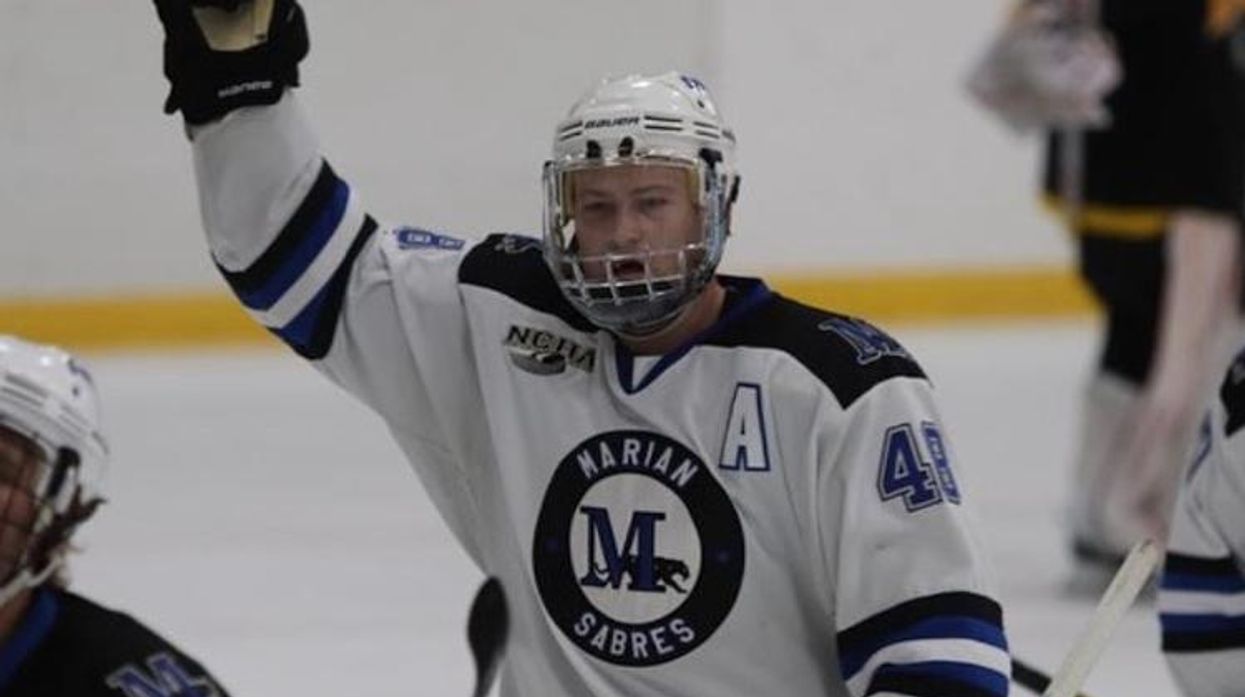





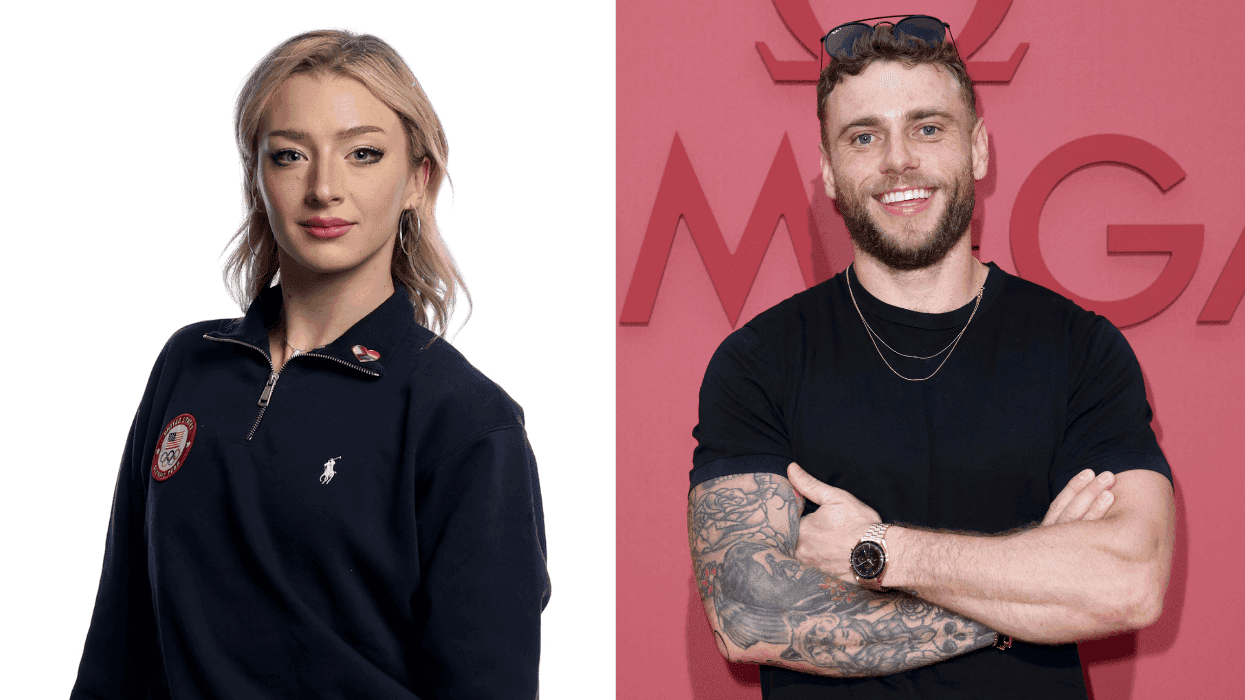
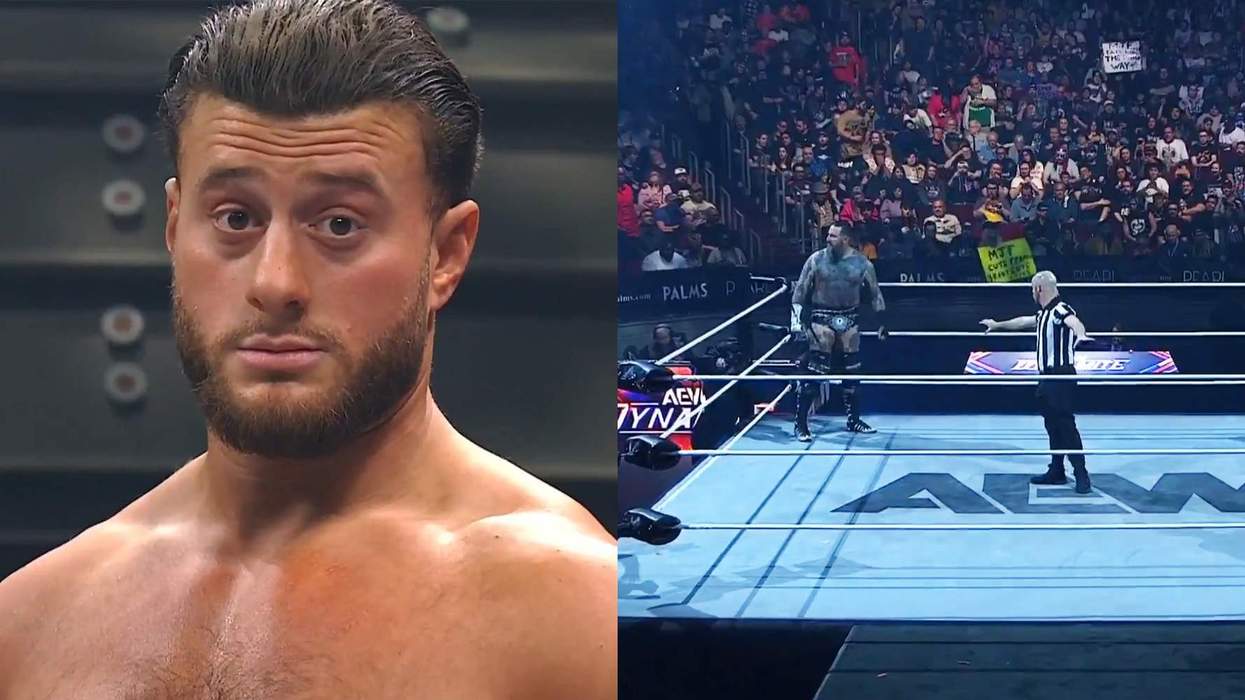
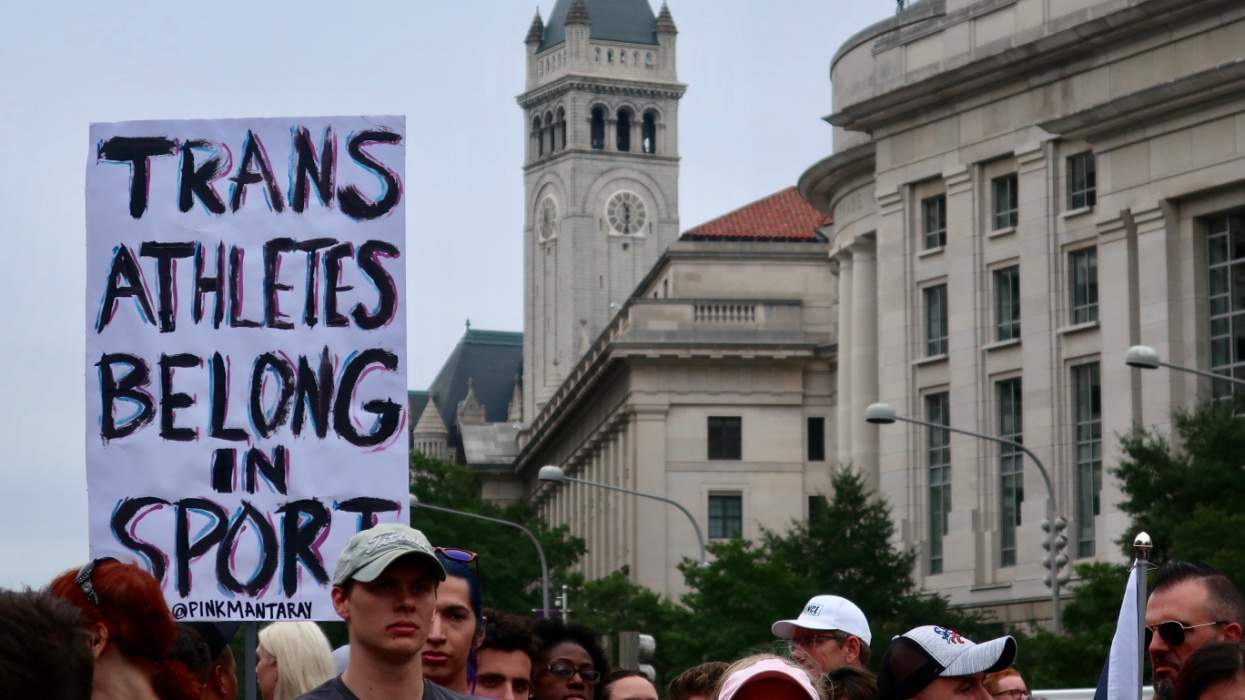
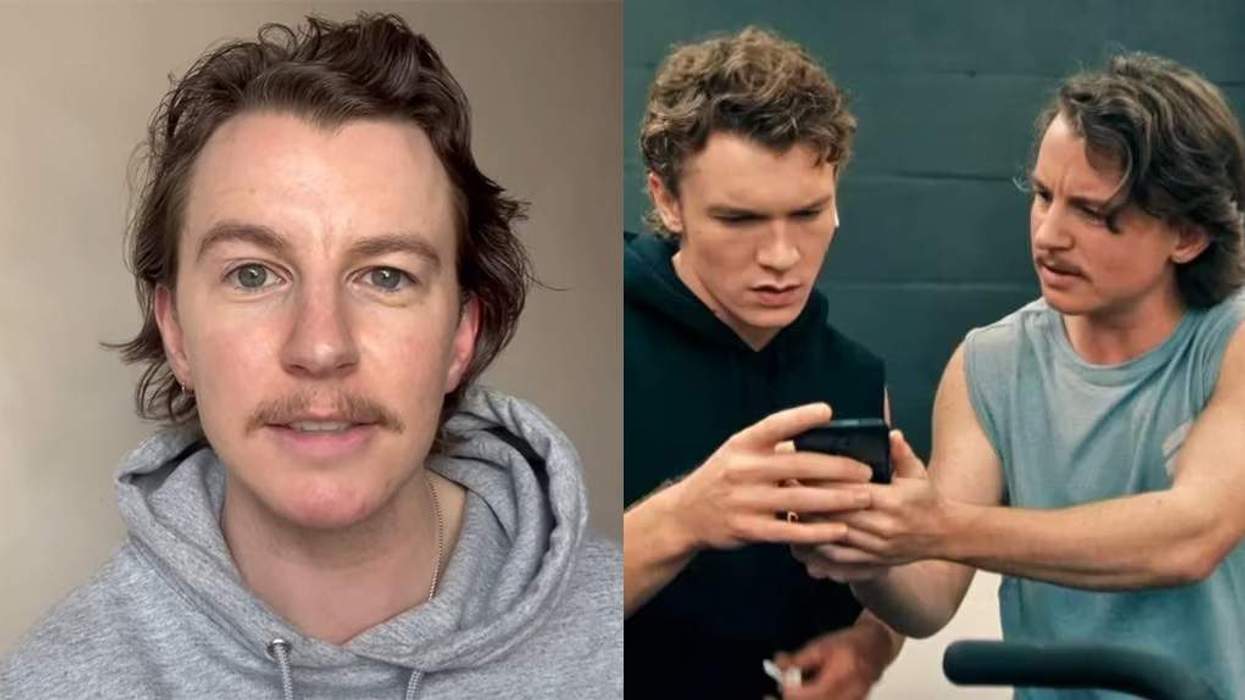






Charlie Kirk DID say stoning gay people was the 'perfect law' — and these other heinous quotes
These are some of his worst comments about LGBTQ+ people made by Charlie Kirk.